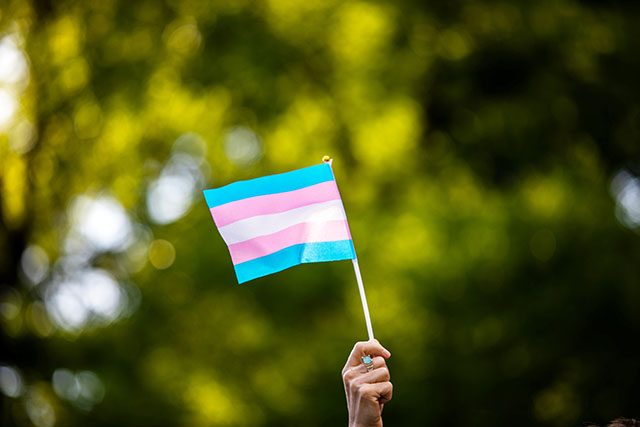
RIO DE JANEIRO — A majority of judges in Brazil’s top court has voted to criminalize homophobia in a move welcomed by campaigners concerned about a rollback in gay rights and the murder of hundreds of LGBT+ people every year.
Six of 11 of Brazil’s Supreme Court judges late Thursday agreed that acts of homophobia and transphobia should be treated under current anti-discrimination laws until the country’s parliament passed legislation dealing with LGBT+ protection.
This would make violence against LGBT+ people a crime and make it illegal to deny access to education or jobs, to refuse service in stores, or to bar LGBT+ people from public buildings.
The court will resume voting in the first week of June, and, after the remaining judges vote, the ruling will go into effect.
Felipe Carvalho, president of the Niteroi Diversity Group, a non-profit that focuses on rights for LGBT+ people, said the vote was a “very significant step”.
“This won’t end LGBT-phobia, but it opens a number of possibilities for us,” Carvalho told the Thomson Reuters Foundation.
Homophobia is common in Brazil, a deeply religious country where both the Catholic Church and the popular evangelical Christian movement are frequently critical of gay rights and violence against LGBT+ people is rife.
The ruling comes after President Jair Bolsonaro, a self proclaimed “proud homophobe” who took power in January, removed LGBT+ responsibilities from the human rights ministry and declared that Brazil must not become a “gay tourism paradise”.
The court’s judges said their ruling addressed a failure by lawmakers to legally protect the LGBT+ community.
At least 320 LGBT+ people were killed in Brazil in 2018 and 126 murders have been reported so far this year, according to watchdog group Grupo Gay da Bahia.
Brazil is also the most dangerous country in the world to be transgender, according to the Trans Murder Monitoring project, with at least 167 people killed in the 12 months to Sept. 2018.
Human rights campaigners expected that the Supreme Court ruling would put pressure on lawmakers to finally act.
“We hope that this leads Congress to pass bills to protect the LGBT population,” said Bruna Benevides, a LGBT+ campaigner who was suspended from the military after coming out as trans.
“In my case, (the ruling) can lead to courts recognizing my right to be (in the military).”
A day before the court ruling, the Senate approved a bill that would criminalize homophobia in a first round of voting. The bill will have to go through a second round of voting and then be sent to the lower house of Congress for approval.
The speaker for the Senate’s bill, centrist politician Alessandro Vieira, said he would prefer Congress to decide the matter but the court’s ruling was understandable because lawmakers had delayed LGBT+ legislation for so long.
“When we have a three decade delay (on voting LGBT+ bills), it’s fair that the judiciary acts,” he told the Thomson Reuters Foundation.—Reporting by Fabio Teixeira; Editing by Belinda Goldsmith; Thomson Reuters Foundation








